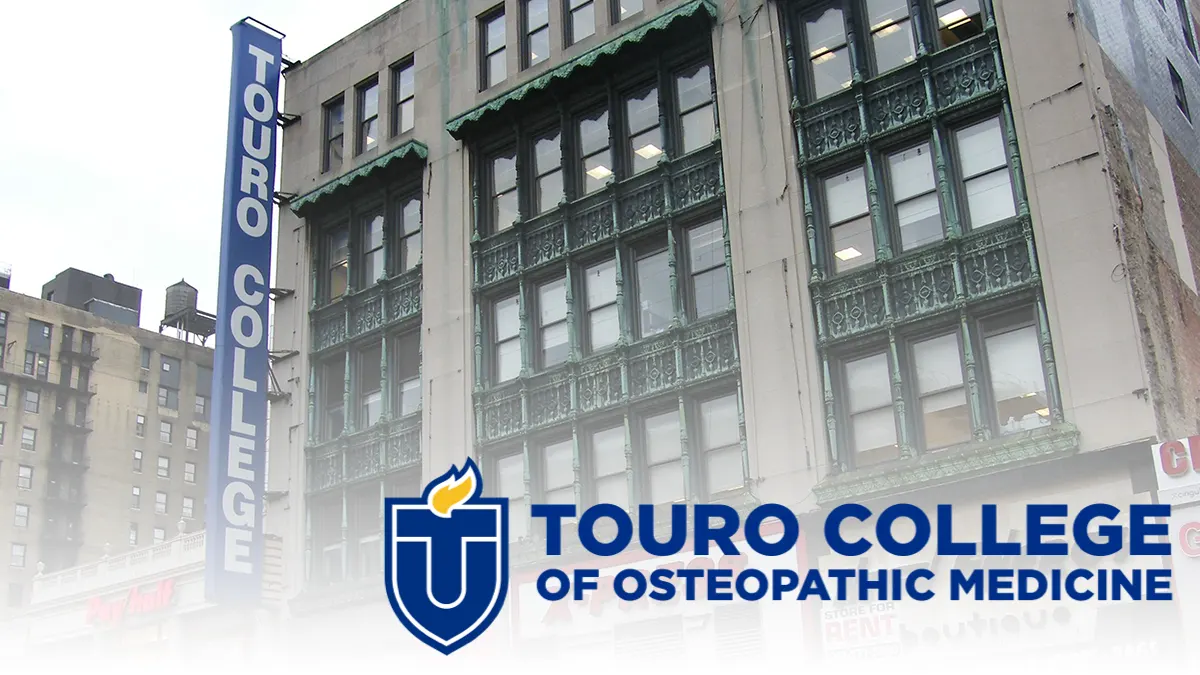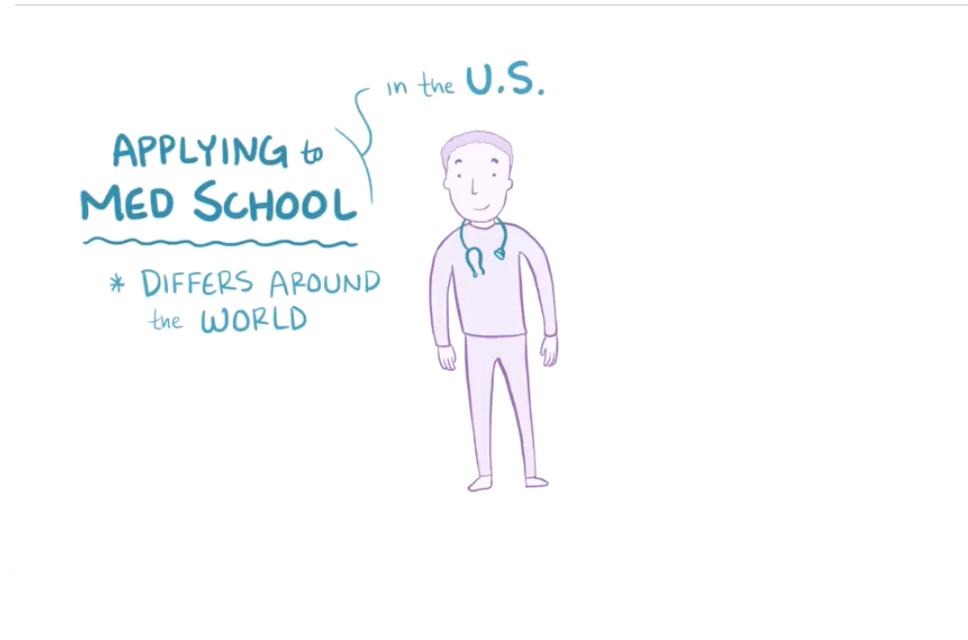As a physician, I have worked in private practice, academic medicine, research medicine, and community health. I currently work in a non-profit community clinic, where I treat patients, supervise nurse midwives, and train providers on electronic health records. At Accepted, I advise students applying to medical school, residencies, fellowships, PA, NP, MPH, nursing, midwifery, and other healthcare-affiliated programs. I enjoy working with traditional and nontraditional applicants alike and believe that healthcare is at its best when providers come from a wide variety of backgrounds.
Casper and PREview Insights: 2023 SJT Experience Survey
The Health Professional Student Association recently completed its 2023 HPSA/SDN Situational Judgment Test Experience survey. … Read more




















